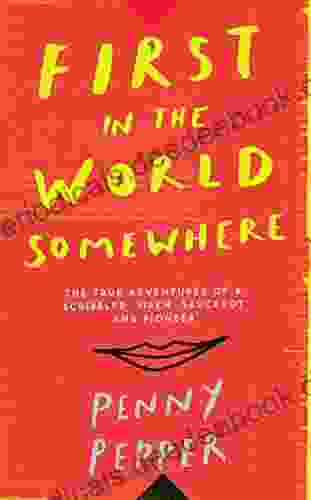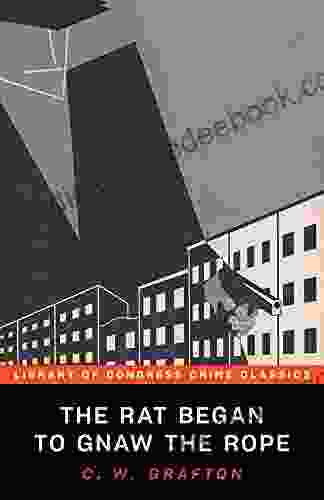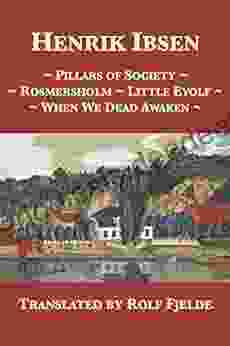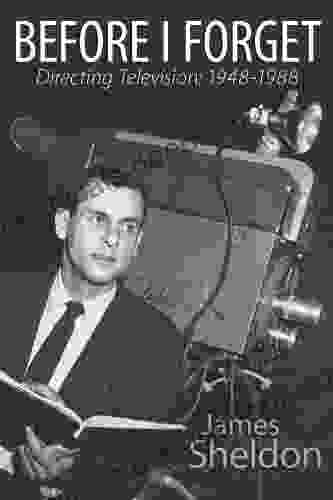Before the Golden Age: A History of Television Directing from 1948 to 1988

The Golden Age of Television is often considered to have begun in the mid-1950s, with the advent of shows like I Love Lucy, The Honeymooners, and Alfred Hitchcock Presents. However, the roots of television directing can be traced back to the early days of the medium, in the late 1940s and early 1950s. This was a time of experimentation and innovation, as directors and producers sought to develop new ways to tell stories on the small screen.
The Early Years (1948-1954)
The first television directors were often former radio directors or stage directors. They brought with them their experience in creating live, multi-camera productions. However, television presented unique challenges, such as the need to work with a limited number of cameras and the need to keep the action moving at a brisk pace. Early directors also had to deal with the technical limitations of the time, such as poor lighting and sound quality.
4.9 out of 5
| Language | : | English |
| File size | : | 19328 KB |
| Text-to-Speech | : | Enabled |
| Enhanced typesetting | : | Enabled |
| Word Wise | : | Enabled |
| Lending | : | Enabled |
| Screen Reader | : | Supported |
| Print length | : | 170 pages |
Despite these challenges, early directors managed to create some innovative and memorable television shows. One of the most influential directors of this era was John Frankenheimer, who directed the groundbreaking live drama Marty in 1953. Frankenheimer's use of multiple cameras and fluid camera movements helped to create a sense of realism that was new to television.
The Rise of the Independent Director (1954-1960)
In the mid-1950s, a new generation of directors began to emerge, who were not afraid to break away from the traditional conventions of television directing. These directors, often working on independent productions, experimented with new techniques and styles. One of the most influential directors of this era was Sidney Lumet, who directed the groundbreaking drama Twelve Angry Men in 1957. Lumet's use of close-ups and long takes helped to create a sense of intensity and realism that was new to television.
The Golden Age (1960-1988)
The Golden Age of Television is often considered to have begun in the early 1960s, with the advent of shows like The Twilight Zone, Star Trek, and The Mary Tyler Moore Show. These shows, and others like them, were characterized by their high production values, innovative storytelling, and memorable characters. The directors of these shows were often given more creative freedom than their predecessors, and they used this freedom to push the boundaries of television.
One of the most influential directors of the Golden Age was Alfred Hitchcock, who directed the anthology series Alfred Hitchcock Presents from 1955 to 1962. Hitchcock's use of suspense, macabre humor, and innovative camera techniques helped to create a unique and memorable brand of television.
The Decline of the Director (1988-Present)
The Golden Age of Television came to an end in the late 1980s, as the rise of cable television and home video led to a decline in the quality of network programming. Directors lost some of their creative freedom, as networks became more focused on profits than on quality. As a result, many talented directors left television for other mediums, such as film.
In recent years, there has been a resurgence of interest in television, as streaming services like Netflix and Hulu have given directors more creative freedom. However, the role of the director in television has changed significantly from the days of the Golden Age. Today, directors are often more like managers than artists, overseeing a team of writers, producers, and actors. As a result, the director's vision is often less evident in the final product.
The history of television directing is a long and storied one, filled with innovation, experimentation, and change. From the early days of live drama to the Golden Age of the 1960s and 1970s, directors have played a vital role in shaping the medium of television. While the role of the director has changed in recent years, one thing remains the same: television directors continue to be responsible for bringing the writer's vision to life.
Further Reading
- Before the Golden Age: Television Directing from 1948 to 1988 by David Marc
- Directors on Directing: Conversations on American Cinema by D. A. Pennebaker and Chris Hegedus
- The Golden Age of Television: Art Direction by James L. Leverence
4.9 out of 5
| Language | : | English |
| File size | : | 19328 KB |
| Text-to-Speech | : | Enabled |
| Enhanced typesetting | : | Enabled |
| Word Wise | : | Enabled |
| Lending | : | Enabled |
| Screen Reader | : | Supported |
| Print length | : | 170 pages |
Do you want to contribute by writing guest posts on this blog?
Please contact us and send us a resume of previous articles that you have written.
 Book
Book Novel
Novel Chapter
Chapter Story
Story Genre
Genre Reader
Reader Library
Library Newspaper
Newspaper Paragraph
Paragraph Sentence
Sentence Foreword
Foreword Preface
Preface Synopsis
Synopsis Manuscript
Manuscript Scroll
Scroll Codex
Codex Tome
Tome Bestseller
Bestseller Library card
Library card Narrative
Narrative Reference
Reference Thesaurus
Thesaurus Narrator
Narrator Character
Character Resolution
Resolution Catalog
Catalog Card Catalog
Card Catalog Archives
Archives Periodicals
Periodicals Research
Research Scholarly
Scholarly Lending
Lending Reserve
Reserve Journals
Journals Rare Books
Rare Books Literacy
Literacy Study Group
Study Group Thesis
Thesis Reading List
Reading List Book Club
Book Club Julia Simon
Julia Simon Adolph Barr
Adolph Barr Tricia Erickson
Tricia Erickson Dl Jones
Dl Jones Bruce Bueno De Mesquita
Bruce Bueno De Mesquita Laurent A Daloz
Laurent A Daloz Paige M Warren
Paige M Warren Kathleen V Kudlinski
Kathleen V Kudlinski Doris Southard
Doris Southard Philippa Reid
Philippa Reid Wally Raven
Wally Raven Gabrielle Kent
Gabrielle Kent Charlie Kirk
Charlie Kirk Louise Allen
Louise Allen Tilly Wallace
Tilly Wallace Margaret Stohl
Margaret Stohl Melinda Roth
Melinda Roth Patrick Blessinger
Patrick Blessinger Alex Crowley
Alex Crowley Alan Cromartie
Alan Cromartie
Light bulbAdvertise smarter! Our strategic ad space ensures maximum exposure. Reserve your spot today!

 Norman ButlerThe True Adventures Of Scribbler Siren Saucepot And Pioneer: An Epic Tale of...
Norman ButlerThe True Adventures Of Scribbler Siren Saucepot And Pioneer: An Epic Tale of...
 Ivan TurgenevThe Rat Began to Gnaw the Rope: A Spine-Tingling Masterpiece from the Library...
Ivan TurgenevThe Rat Began to Gnaw the Rope: A Spine-Tingling Masterpiece from the Library... Jorge Luis BorgesFollow ·8.4k
Jorge Luis BorgesFollow ·8.4k Samuel WardFollow ·18.9k
Samuel WardFollow ·18.9k Quentin PowellFollow ·19.6k
Quentin PowellFollow ·19.6k Ernest J. GainesFollow ·6k
Ernest J. GainesFollow ·6k Herbert CoxFollow ·14.2k
Herbert CoxFollow ·14.2k Jayson PowellFollow ·8.5k
Jayson PowellFollow ·8.5k Sammy PowellFollow ·18k
Sammy PowellFollow ·18k Noah BlairFollow ·13.5k
Noah BlairFollow ·13.5k

 Anton Chekhov
Anton ChekhovClarinet Fundamentals: A Systematic Fingering Course for...
Welcome to the exciting world of...

 Gage Hayes
Gage HayesSea Prayer: A Haunting and Heartbreaking Story of...
Sea Prayer, the latest...

 Henry Green
Henry GreenPillars of Society Rosmersholm Little Eyolf When We Dead...
Henrik Ibsen, the towering...

 Robert Reed
Robert Reed10 For 10 Sheet Music Classical Piano Favorites: A...
Learning to play the...
4.9 out of 5
| Language | : | English |
| File size | : | 19328 KB |
| Text-to-Speech | : | Enabled |
| Enhanced typesetting | : | Enabled |
| Word Wise | : | Enabled |
| Lending | : | Enabled |
| Screen Reader | : | Supported |
| Print length | : | 170 pages |












